|

On eBay Now...
Walter Fenno Dearborn P.E.A. \'96 Exeter N.H. Original Cabinet Photograph For Sale
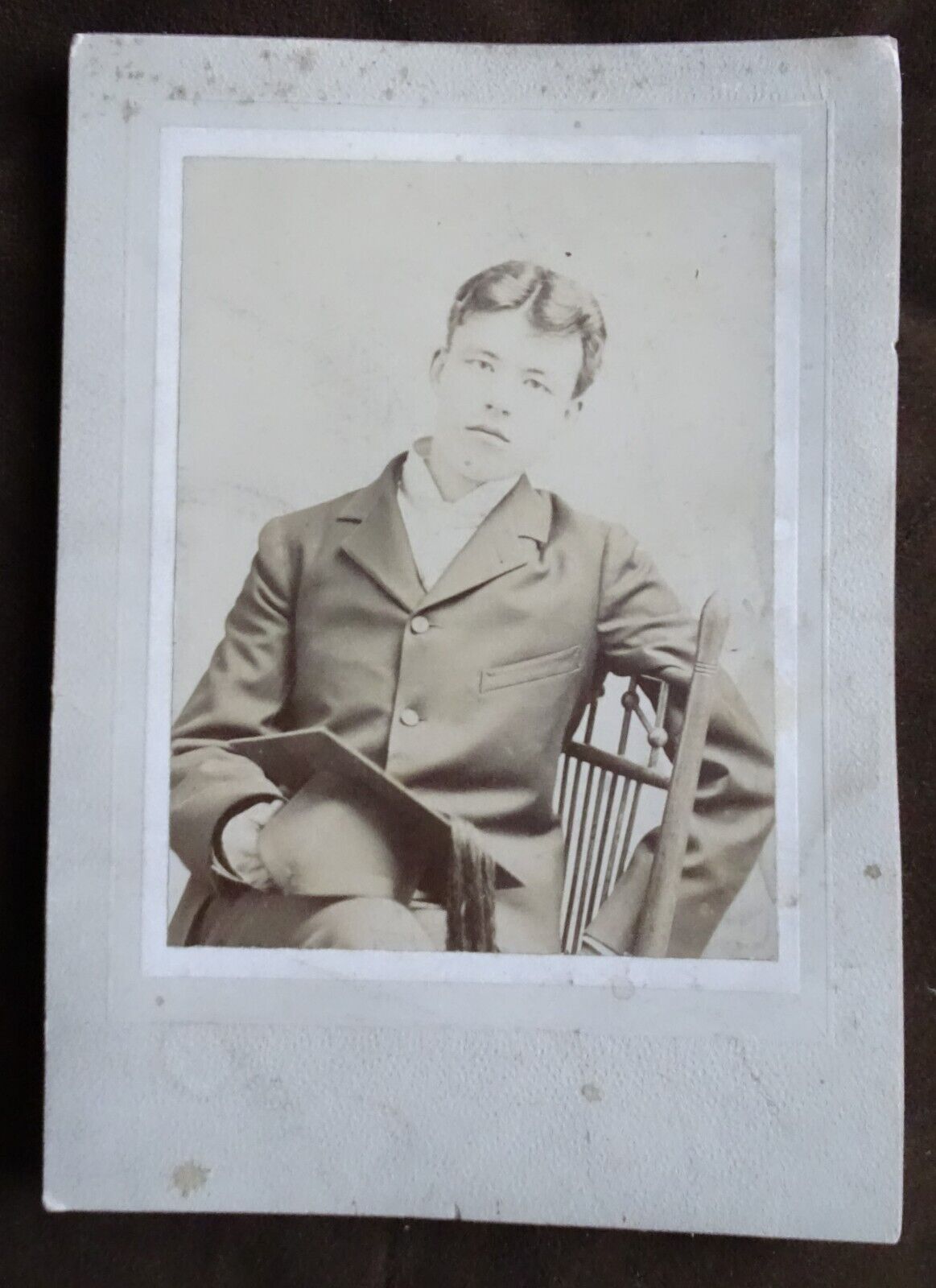
When you click on links to various merchants on this site and make a purchase, this can result in this site earning a commission. Affiliate programs and affiliations include, but are not limited to, the eBay Partner Network.

Walter Fenno Dearborn P.E.A. \'96 Exeter N.H. Original Cabinet Photograph:
$157.50
4-1/4 x 6\"stains at edges, browning, edge and corner wear, a bit bent, but still in good overall condition for it\'s age
The Dearborn Academy in Arlington Ma. is named after this pioneering American educator
code jsb 198
Info from Wikipedia
Walter Fenno Dearborn (July 19, 1878 – June 21, 1955) was a pioneering American educator and experimental psychologist who helped to establish the field of reading education. Dearborn, who approached the study of psychology from the perspective of an empirical scientist, is perhaps best known for using empirical research to design and refine teaching methods. Dearborn\'s research persuaded him that children develop at different rates and that schools should not ignore individual differences by teaching children in large groups or classes.
Dearborn was born in Marblehead, Massachusetts. He attended Boston public schools and then Phillips Exeter Academy, graduating in 1896. He earned a bachelor\'s degree (1900) and a master\'s degree from Wesleyan University.
In 1903, Dearborn began studying for a doctorate at Columbia University where he was the student of James McKeen Cattell. His interest in the psychology of reading and human development promoted him to spend a year studying medicine at the University of Göttingen. He eventually returned to Germany to earn a Doctor of Medicine degree. Dearborn\'s dissertation was published under the title, The Psychology of Reading: An Experimental Study of the Reading Process and Eye-Movements (1906).
Dearborn\'s doctorate degree was quite important as it was an interest of his that remained consistent and provided for his greatest contributions to psychology. In a monograph entitled \"Special Disabilities in learning to read and write\" Dearborn contributed a section on \"etiology of congenital and word blindness\". Dearborn contributed a great deal to the function of the eye and \'reading\'. He discovered that there were multiple type of readers including \"part-word, whole word and mixed-type readers\". Furthermore, Dearborn continued a great deal in producing a number of papers and research on reading disabilities.[1]
After completing his doctoral studies, Dearborn joined the educational psychology faculty at the University of Wisconsin-Madison and then the faculty at the University of Chicago, where he was engaged in applied experimental psychology in solving practical problems. More specifically, as an educational psychologist Dearborn focused his interests in three main areas- reading problems, the relation between physical growth to intelligence, and intelligence tests.[2] Dearborn pursued research in intelligence testing, predictors of academic success, and reading. In 1912, Dearborn accepted an invitation to join the faculty at Harvard University, where he became an associate professor in just seven years.
In 1917, Dearborn founded the Psycho-Educational Clinic at Harvard University and served as the director of the Harvard Growth Studies project, a major longitudinal study that provided data for many influential papers. These studies tracked physical measurements and \"mental test findings\" of approximately 3,500 subjects over a 12-year period beginning in the subject\'s first-grade year.[1]
Dearborn\'s work was critical in disproving then-prevailing theories regarding strong correlations between physical and mental development. He also identified key developmental milestones that influence approaches to education and theories of human development to this day.
Dearborn retired from Harvard in 1942, then joined the education and psychology faculty at Lesley College, now Lesley University, in Cambridge, Massachusetts. At the time, Lesley College was operating several laboratory schools, including programs for students with special needs. These schools soon adopted methods that Dearborn had developed for teaching students of average to above average intelligence who were nonetheless struggling with reading and mathematics. The schools gave Dearborn and his students a real-life setting in which to experiment with instructional methods tailored to individual students. The success of these schools, which were consolidated and renamed the Walter F. Dearborn Academy, was one of Dearborn\'s proudest accomplishments. (p. 145)
Dearborn was made a trustee of various institutions. These included: the Massachusetts State Infirmary twice from 1913–14 and 1915–1933, Walter E. Fernald School from 1942. He was also a member of the Council of American Psychological Association from 1918-20.[3]
Dearborn died on June 21, 1955 from complications following a severe brain hemorrhage.


Walter Fenno Dearborn P.E.A. '96 Exeter N.H. Original Cabinet Photograph $157.50
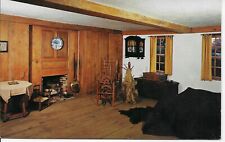
East Chamber of the John Fenno House, Old Sturbridge, Massachusetts --POSTCARD $3.99
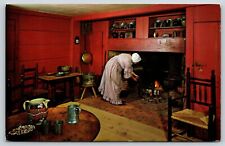
John Fenno House Sturbridge MA Postcard Woman adjusting Fireplace Chrome #2075 $4.25
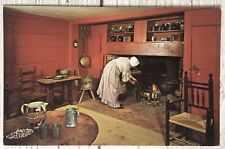
Old Sturbridge Village Massachusetts Kitchen John Fenno House Postcard $5.99
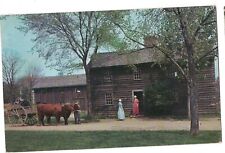
DURHAM OXEN Fenno House Sturbridge Village Museum Massachusetts Postcard 1963 $5.99
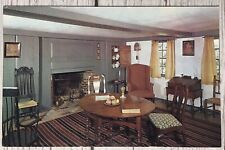
Fenno House Parlor Old Sturbridge Village Sturbridge Massachusetts Postcard $5.99
|